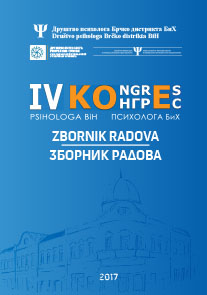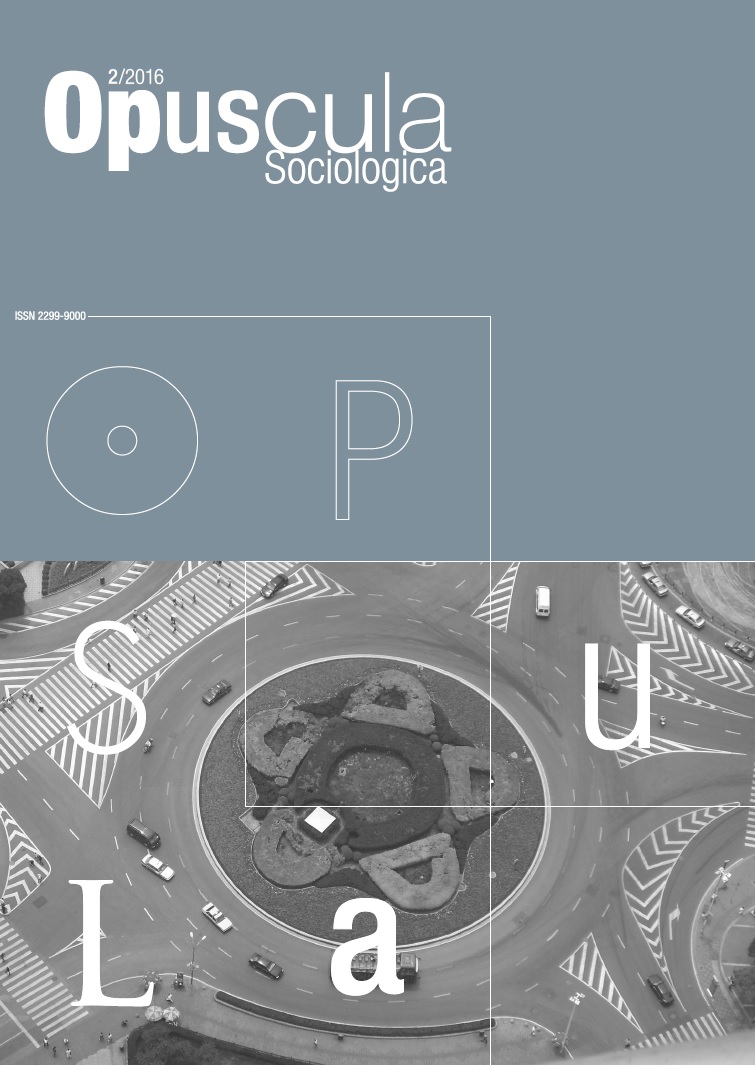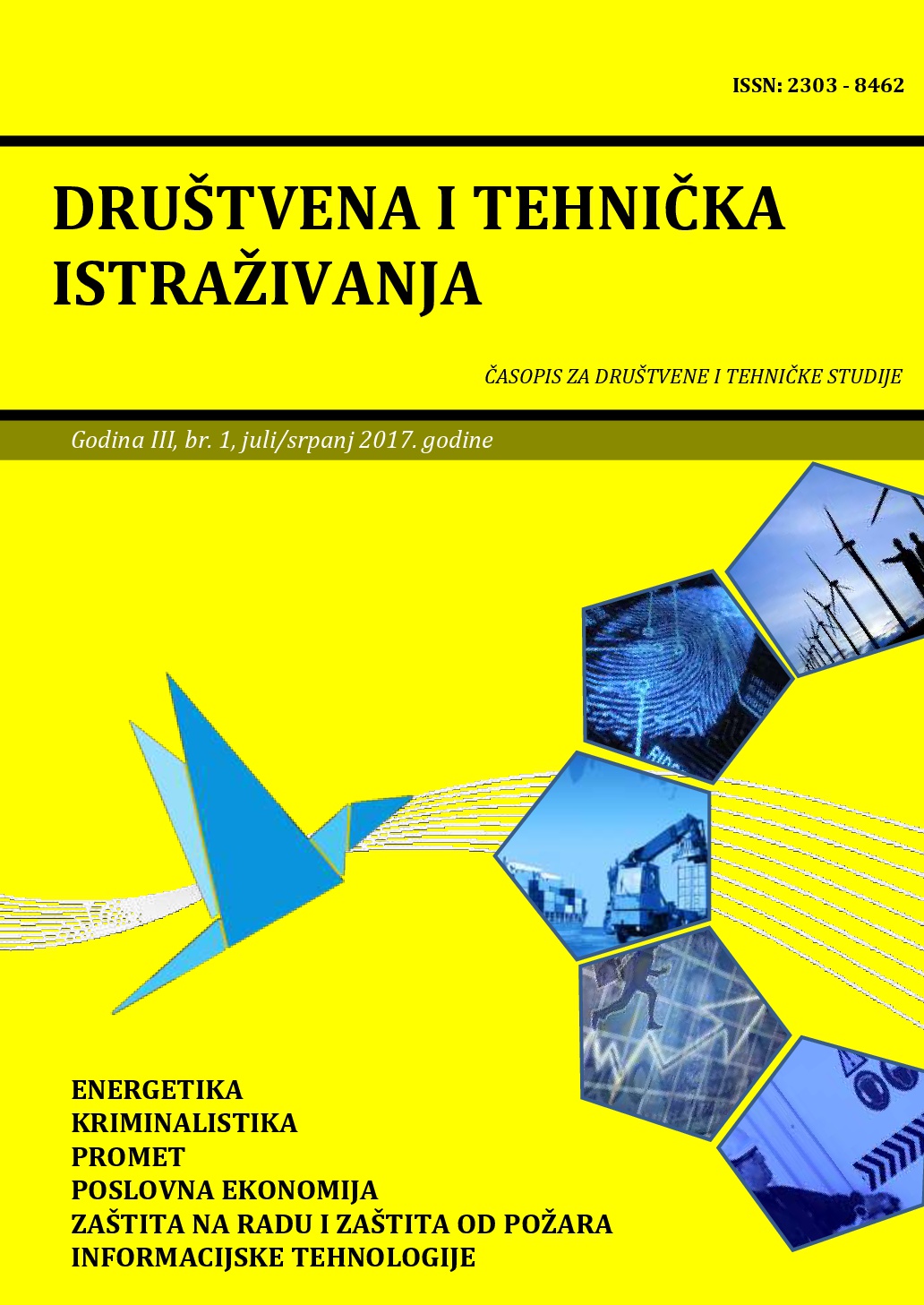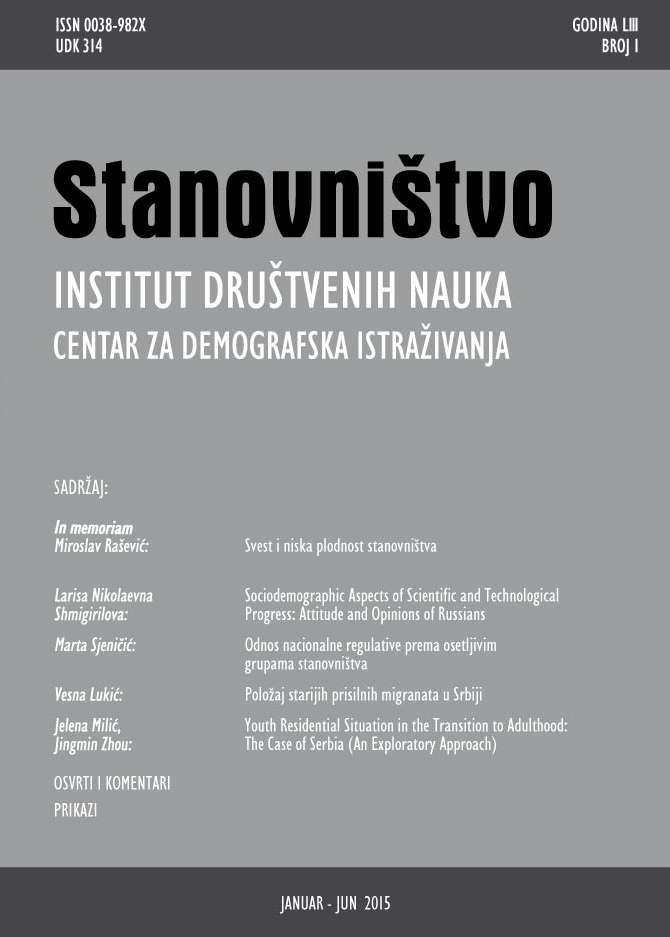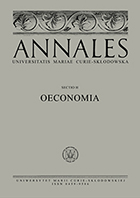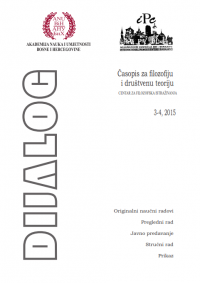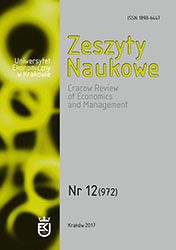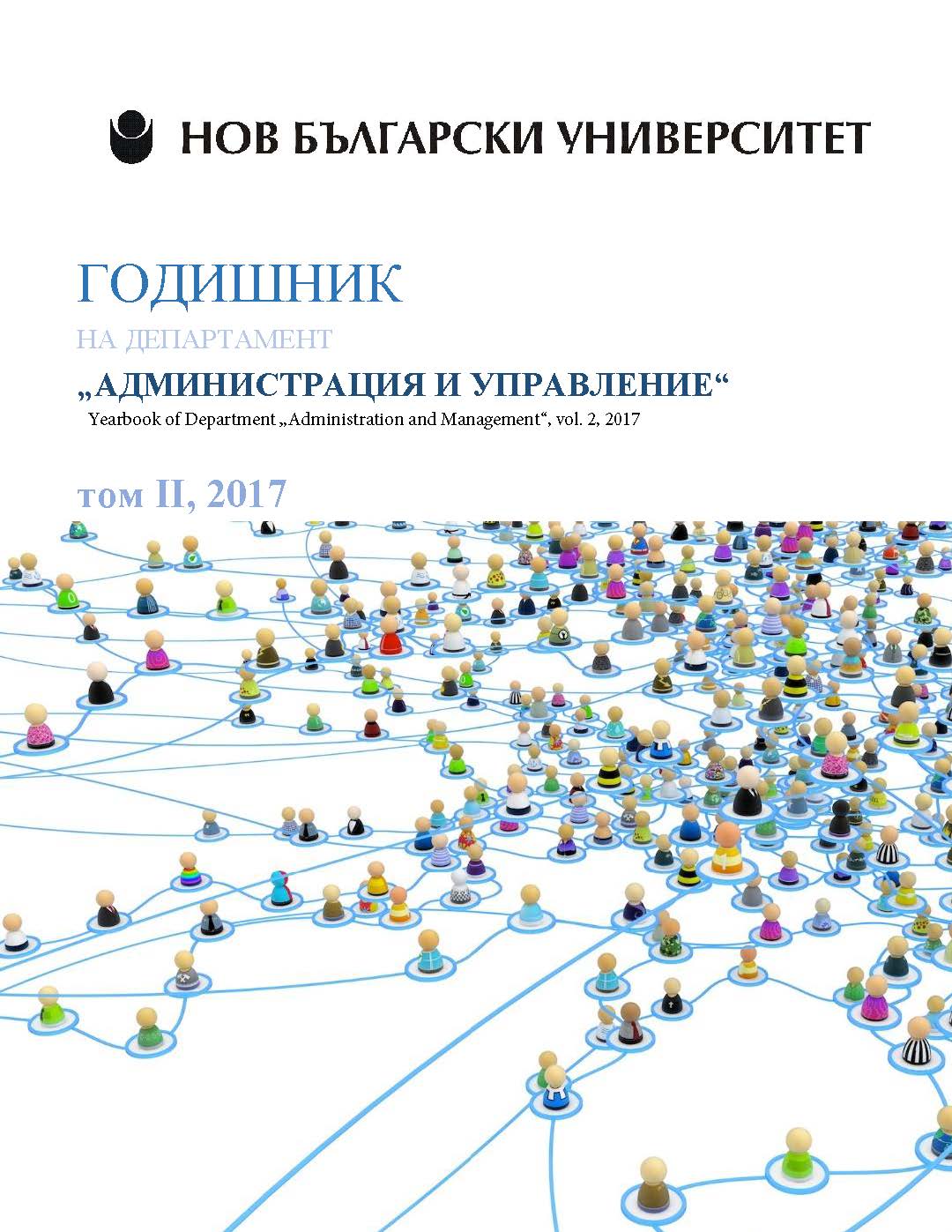Author(s): Jurgita Paužuolienė,Ingrida Mauricienė / Language(s): Lithuanian
Issue: 2/2012
In this article is analyzed the career planning, which is defined as a lifelong process. Career planning helps an individual to increase the value of employment and labor productivity, enhance self-confidence, creates better career prospects. Career is one of the organization’s attractiveness and increase employee loyalty points. Therefore, each organization must work to develop their personnel values and goods, the cherished work. But not always employees feel job satisfaction. Sometimes they feel gender, age or education discrimination. For example women are given less opportunities to improve than men. They are increasingly seen as homemakers rather than as career affecting women. Very often younger employees are valued more than the older. People with college education or more experience have more options than the ones with lower level of education or less experience. That’s why the problematic questions are arising: do demographics affect career planning? It is for women still more difficult to pursue career heights than for men? Does higher education guaranty better working conditions and etc.? It should be emphasized that every employee must plan their careers in order to feel satisfaction with the work, and that employers should encourage all employees to educate, in order to grow and to carry out their work and delegated tasks better. Purpose – to analyze individual’s career planning according to demographics. Tasks: To analyze career planning theoretically; examine career planning of taking into account demographics. Research methods: analysis of scientific literature, systematization, data analysis using SPSS 17.1 program. Empirical research has shown that career planning often is dependent on the demographic characteristics that determine individual differences approach. Depending on the age, sex, length of service, position the respondents tend to plan their careers in different ways, they are characterized by distinctive goals, different needs and work reasons. The study showed that the attitude towards the concept of career transition from the bureaucratic to the individual, where accent is the autonomy, responsibility, continuous self-education, self-knowledge in career planning. The research has shown that for respondents with a university education career planning is always important to realize their goals. For respondents with vocational education career planning is important to realize him at work. For respondents with secondary education the important thing is to plan their time and develop plans for a certain period of time. Data analysis by age revealed that for older respondents in career planning is important to evaluate the options before deciding what action to take. Younger respondents compared with the older more agree that it is necessary to make any concrete plans for a certain period of time. Respondents confirmed that prior to career planning, it is necessary to know yourself, evaluate your options, and only then to prepare a career plan. This leads a successful career planning. It’s found that women are more driven to pursue careers higher position, interest, satisfaction, and the opportunity to educate, good working conditions, creativity in the workplace. Meanwhile, for men more relevant authorities and the pursuit of material benefit the correct evaluation of work, personal involvement in setting goals. The research data shows that for men and women in the pursuit of a career enhancing factors indicate that the worker's sex value decreases for both men and women are important higher needs, which destroy the stereotypes of society and provide to choose more career possibilities. The study found that for younger respondents, career planning is important in defining personal goals, a flexible work schedule, the desire to earn more money. Meanwhile, for older respondents more important is governance, a fair assessment of work and the desire to influence others. It can be argued that younger respondents are distinctive in modern concept of career dominated by creativity and freedom of personal career planning, taking into account existing competencies underestimating the material well-being quality of life. It should be noted that each person chooses their own careers, understanding their needs, motivations, having certain talents, experiences, life style. Knowing and realizing their desires and needs, personality can work more successfully, create and live.
More...


